Sections
The strength of the Department of Pediatrics rests in part on the broad range of our subspecialty sections, related programs and our affiliates – Children's Hospital Colorado , the Barbara Davis Center for Diabetes and Denver Health.
Twenty-two pediatric sections and a diversity of specialized programs span the range from basic research to world-class clinical care. And because many of our faculty are both clinical practitioners and researchers, delivery of care regularly takes the latest medical advances directly into practice.
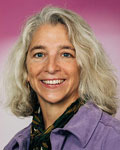
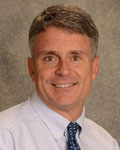
Christopher Stille MD, MPH
Professor of Pediatrics and Head, Section of General Academic Pediatrics
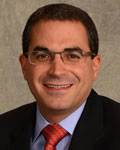
David Fleischer MD
Professor and Head, Section of Allergy and Immunology
Director, Allergy and Immunology Center Children's Hospital Colorado
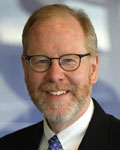
Shawn McCandless MD
Professor and Head, Section of Genetics and Metabolism
Chair, Department of Genetics and Metabolism Children's Hospital Colorado
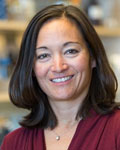
Shelley Miyamoto MD
Professor of Pediatrics and Head, Section of Cardiology
Co-Director, Heart Institute, Children's Hospital Colorado
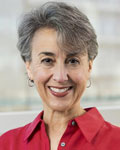
Lia Gore MD
Professor of Pediatrics and Head, Section of Hematology, Oncology & Bone Marrow Transplantation
Co-Director, Developmental Therapeutics Program, University of Colorado Cancer Center
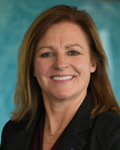
Kathryn Wells MD
Professor of Pediatrics
Executive Director, Kempe Center for the Prevention and Treatment of Child Abuse and Neglect
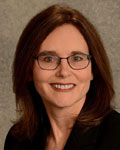
Elizabeth McFarland MD
Professor of Pediatrics and Head, Section of Infectious Diseases
Medical Director, Children's Hospital Colorado HIV Program, Medical Director, Pediatric Infectious Disease Outpatient Clinic
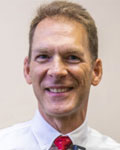
Kevin C Ess MD, PhD
Professor of Pediatrics and Head, Section of Child Neurology
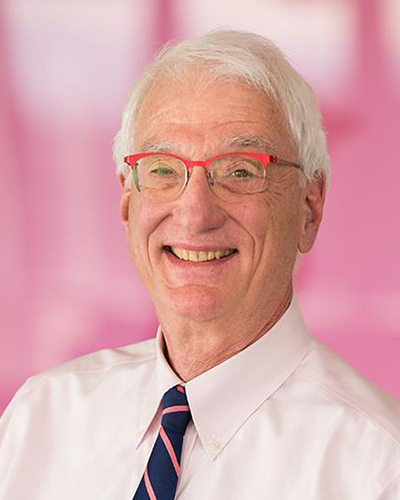
Randall B Wilkening MD
Vice Chair for Clinical Practice
Professor of Pediatrics and Head, Section of Neonatology, Associate Vice Chair, Research Affairs Perinatal Research
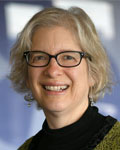
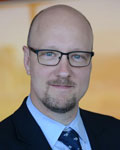
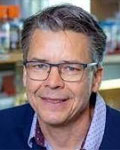
Bruce Appel PhD
Professor of Pediatrics and Head, Section of Developmental Biology
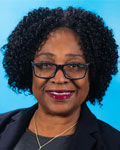
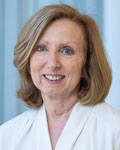
Ann Reynolds MD
Professor of Pediatrics and Head, Section of Developmental Pediatrics
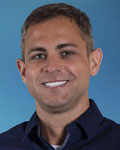
Adam B Hill MD
Associate Professor of Pediatrics
Head, Section of Palliative Medicine
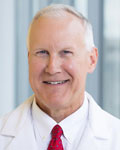
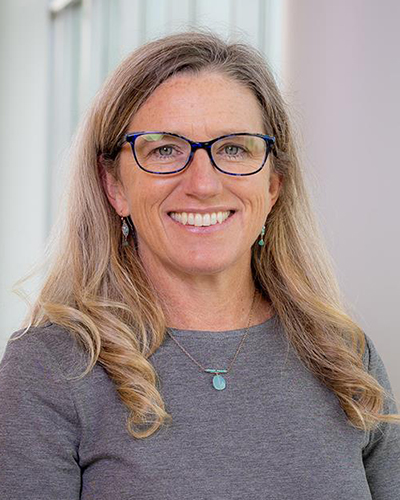
Jenny Reese MD
Vice Chair for Work and Culture Optimization, Associate Dean for Faculty Experience and Director for Work and Culture Optimization, Medical Director, Provider Well-being Children's Hospital Colorado
Professor of Pediatrics and Head, Section of Pediatric Hospital Medicine
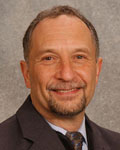
Philip Zeitler MD, PhD
Professor and Head, Section of Endocrinology
Medical Director, Clinical and Translational Research Center, Children's Hospital Colorado
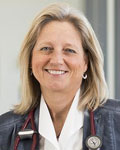
Robin Deterding MD
Professor of Pediatrics and Head, Section of Pulmonary & Sleep Medicine
Director, Breathing Institute, Children's Hospital Colorado
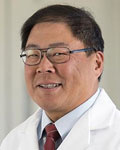
Glenn Furuta MD
Professor of Pediatrics and Head, Section of Gastroenterology, Hepatology & Nutrition Section Head
Digestive Health Institute and Director, Gastrointestinal Eosinophilic Diseases Program, Children's Hospital Colorado
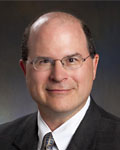
Robert Fuhlbrigge MD, PhD
Professor and Head, Section of Rheumatology